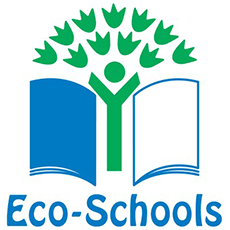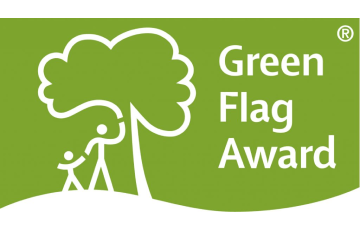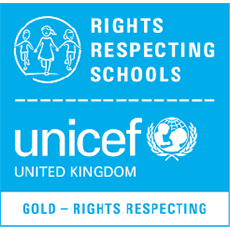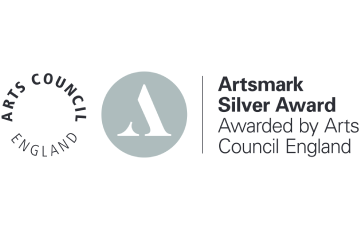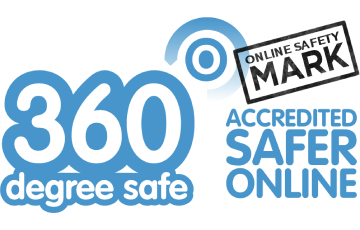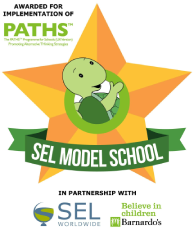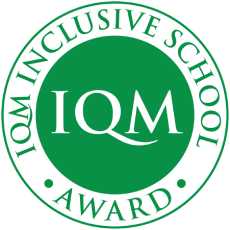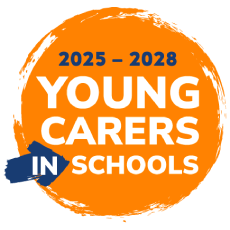Early Years Curriculum
A curriculum designed for Lyme Community Primary School
FOUNDATION STAGE – CURRICULUM INTENT
Intent: At Lyme Community Primary School we offer an early years curriculum rich in wonder and memorable experiences. We provide a stimulating environment that provides exciting opportunities, promotes challenge, exploration, adventure and a real love of learning.
It is our intent that all children develop physically, verbally, cognitively and emotionally in an environment which values all cultures, communities and people. We aim for our children to be confident and independent, to believe in themselves and interact positively with others.
At Lyme, we put the individual at the centre of everything we do. We understand that play based learning is the key to successful, happy, confident and resilient learners of the future. We believe that the right balance of adult directed and uninterrupted child-initiated play ensures the best outcomes for pupils.
Warm and positive relationships between staff and children, consistent routines and strong relationships with parents are key.
It is our intention to provide, within the context of our Mission Statement, a broadly enriched, rounded and stimulating learning environment where children can work with adults and peers in a climate of mutual respect.
We recognise the crucial role that early year’s education has to play in providing firm foundations upon which the rest of a child’s education is successfully based.
Implementation:
At Lyme Community Primary School we meet the welfare requirements laid down in the Statutory Framework for the Early Years Foundation Stage and actively safeguard and promote the welfare of all our children.
We prioritise creating a ‘language rich’ environment through the use of songs, nursery rhymes, stories and providing time for quality interactions between adults and between peers. Trained staff ensure that interactions are positive and progressive, allowing children to flourish and gather words at pace in order to become confident communicators.
Children are encouraged to become early readers through a nurtured enjoyment of books and the systematic teaching of phonics. The children learn nursery rhymes and develop their mathematical thinking through direct teaching and exploration. We want our children to become confident mathematicians who can apply what they have learnt to real life experiences.
We have built our school environment to enable our children to strengthen their core muscles through physical play, children spend time outdoors in their natural environment in all weathers. They develop through wonderful, exploratory, sensory experiences in our mud kitchen, sandpit and taking part in Forest School sessions. Our learning environment is adaptable in order to reflect children's interests and progression. The children are supported to learn to work together, manage their feelings and ask questions through skilled adult facilitated play.
The curriculum is taught through quality key texts. These are chosen carefully to encourage children's speech, language and communication development and to enhance their knowledge and understanding of the world around them. We use a mixture of Tales Toolkit and Drawing Club to develop children’s communication and language skills. Tales Toolkit is an interactive, child-led resource featuring easy to remember symbols representing story structure.. Through the resources, children tell their own stories. Stories about the things that interest them, stories that use props and materials from their world. Keeping materials open-ended encourages imaginative play. In Tales Toolkit, anything can be part of a story, from a wooden spoon to a favourite toy making links with hobbies, cultures, and the natural world.
- Character – who the story is about?
- Setting – where the story will happen?
- Problem – what problems will the characters face?
- Solution – how will they solve the problem to get to the happy ending?
- Immerse children in the world of story and show them the joy of who you are
- Share a treasure trove of vocabulary with children to open up the playground of language to them
- Give yourself the opportunity to create a library of progress that can be astonishing
- Develop children’s creativity and imagination to show them that they are extraordinary
- Give your children age-appropriate practice that is highly engaging and grounds children in the joy of book snuggling.
Any planning, however, is flexible and responsive to children’s needs so plans can be changed and adapted dependent on children’s interests. The curriculum is enriched with classroom enhancements, trips and visitors.
We understand the importance of parental engagement and believe that our parents have a crucial role to play in their children's education. We work hard to create strong partnerships between home and school. Parents receive a general overview each half term to inform them of what their child is learning each half term. Each term the children are selected to be the “focus children” During their focus week, staff will send home a sheet that will let you know how your child is progressing and may include what skills they are developing, things they are interested in, or things they are finding tricky. There is an opportunity for parents to comment and discuss this information further if they wish.
The EYFS team meet weekly to discuss the children and their developing needs. Staff receive relevant training. Throughout the EYFS as part of the learning and teaching process, staff will assess the children using the development matters checkpoints, their knowledge of the child and their own expert professional judgement to ensure that the children are making good progress. We work with a range of agencies and for any child that is identified as falling behind interventions or referrals will be put into place to support them.
Teachers attend in house and external moderations and attend regular pupil progress meetings to ensure progress is being made for each individual child.
At the end of EYFS, staff complete the EYFS profile for each child. Pupils are assessed against the Early Learning Goals.
Impact:
Our curriculum and its delivery ensure that children, from their own starting points make good progress. During their time with us, children make rapid progress towards the national expectation for a good level of development at the end of the year.
Children develop their characteristics of learning and are able to apply their knowledge to a range of situations making links and explaining their ideas and understanding. Children will be successful learners and fully prepared for the next stage of their education as they transition from Foundation Stage to Year One.
We will also aim to help children to make sense of the world around them, to develop tolerance, compassion and an understanding of their rights and the rights of others in an ever-evolving world.
Children at the end of Foundation stage will have developed essential knowledge and skills required for everyday life and lifelong learning. Children at Lyme Primary School will be well rounded, happy, inquisitive and successful learners.



